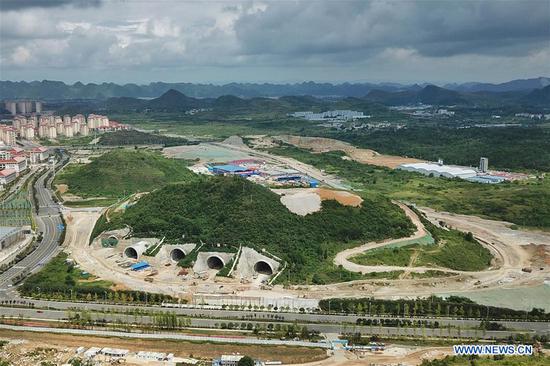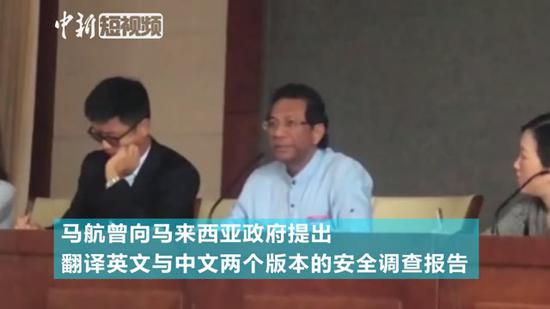The Beijing residential market will see more co-ownership housing and limited-price housing in the second half due to the government's continual regulation of housing investment speculation, market insiders said.
"The two kinds of houses are conducive to the current status of the residential market; as a result, they are expected to see rapid development," said Li Xiang, senior manager of the research and consultancy department of Savills.
Co-ownership houses could satisfy the demand from low-end customers. Such homes come at relatively lower prices, and limited-price houses could meet the demand from middle- and high-end customers for their price transparency, Li said.
According to Xu of the Ke Research Institute, as China has embraced urbanization, cities in major city clusters will be full of opportunities, but lower-tier cities with high stock of unsold housing units or sustained feverish bids for land parcels may hide risks.
"In recent months, lower-tier cities are stealing the thunder of the home market from big cities as their housing prices continue to rise, thanks to fewer purchase restrictions. But major cities will regain their position as the hot spots for homebuyers. So, investing in lower-tier cities will face a risk of difficulty in recovering cost," said Lu of Centaline Shanghai.
"Especially third- and fourth-tier cities that don't have enough population and a strong industrial base to support their property prices are the places to avoid for investors," Chen of the CREDA warned.
Yan Yuejin, director of the E-house China Research and Development Institution, a Shanghai-based real estate information and research services provider, said this is a situation that requires more practical measures at a fundamental level from local governments to discourage home prices from soaring. "The ultimate task of the macro policies is to lower the cost of homes for homebuyers."


















































